Barloworld banks a big result
Return on invested capital has shot up and there’s a special dividend
In this snippet, I’ll deal with Barloworld’s results for the year ended September. The news about the unbundling of Zeda (the car rental business) is dealt with further on.
With revenue from continuing operations increasing by 15.4%, Barloworld is doing very nicely. Interestingly, EBITDA margin from continuing operations fell from 12.8% to 12.2%. Inflationary pressures are evident here, with all three of the major segments reporting a decrease in margin. The revenue growth was enough to keep EBITDA moving in the right direction overall, growing by 9.2%.
I’ve often commented on Barloworld’s ability to allocate capital and this period is no exception, with return on invested capital of 16.9% compared to 11.3% in the prior year.
The reward for shareholders is a final dividend of 295 cents per share and a special dividend of 550 cents per share. This is a total dividend of R8.45 on a share price of nearly R108. When net debt drops from R7.6 billion to R4.6 billion, juicy dividends become possible.
Going forward, the group anticipates a tricky operating environment because of inflation. Equipment Southern Africa will benefit from infrastructure and mining investment. Equipment Eurasia is in a tough space for obvious geopolitical reasons, with Barloworld trying to do the best it can for its employees. At Ingrain, local maize prices are expected to remain elevated due to ongoing disruptions to international prices from the conflict in Ukraine.
The Barloworld share price chart shows the substantial drop when war broke out in Ukraine, reflecting market concerns about the Equipment Eurasia business:

Hello, Zeda
Barloworld is finally unbundling car rental businesses Avis and Budget
So, you may be wondering about the Zeda name and how it relates to Avis and Budget. Personally, I think someone just has a sick sense of humour and wanted to create a market that has Zeder and Zeda listed on it to cause maximum confusion. I can’t see any other link!
Nomenclature aside, Barloworld will be unbundling 100% of its car rental group to shareholders. I have great respect for Barloworld’s ability to manage a balance sheet, so I’m a little worried about an announcement that says the unbundling will “unshackle” Zeda “by the umbrella of Barloworld’s capital allocation framework” – a lot of corporate gumpf that make very little sense. Unshackled from perhaps? That’s not good either.
With the name and the confusing wording aside, the part I do understand is the rationale for Barloworld shareholders. This is a non-core asset that doesn’t fit in with the strategy of the rest of the group. Barloworld has taken major steps towards having a more focused group, with the major pillars being Industrial Equipment & Services (the “diggers” that get Toddler Ghost excited) and Consumer Industries, the pillar that was formed through the acquisition of Tongaat Hulett Starch (subsequently renamed Ingrain).
The Avis and Budget businesses collectively offer car rental and fleet solutions. The pandemic caused havoc for the industry but the businesses were able to reduce their fleets and survive the pain. When utilisation rates are high, car rental businesses can actually do rather well.
For the full details, we have to wait for the pre-listing statement that is due to be released on the 28th of November. An unbundling process moves quickly and Barloworld shareholders can expect to see Zeda shares in their portfolios before Christmas.
Ethos Private Equity to merge with The Rohatyn Group
A specialised global asset management firm is acquiring Ethos Private Equity
Established around 20 years ago, The Rohatyn Group now has $6 billion in assets under management (AUM) and 120 employees in 16 cities across the globe. Growing at this pace organically is almost impossible, so I’m not surprised to read that growth has also been achieved through acquiring other general partners (private equity management firms).
Ethos has been around since 1984 and has made over 150 investments in Africa. The combined firms can offer their respective limited partners (private equity investors) a vast array of investment solutions. The enlarged business will have almost $8 billion in AUM.
Importantly, all key members of management will remain in their roles and current incentives will remain unchanged.
What does this mean for Ethos Capital Partners, the listed entity?
Well, not a lot. The listed company needs to give its consent for the cession of the advisory agreement to The Rohatyn Group. This also applies to Brait, as that company is also advised by Ethos and thus needs to consent to the agreement moving to The Rohatyn Group.
This is the critical point to understand: this transaction is for the management company of the funds and not for the funds themselves or the underlying assets.
Naspers’ HEPS swings into the red
But it’s tricky to know which numbers to focus on
As regular readers will know, I tend to ignore Earnings Per Share (EPS) in favour of Headline Earnings Per Share (HEPS). When it comes to Naspers and Prosus, I’m not sure that’s the right approach. The strategy of the group is to make investments in a wide range of technology firms, so ignoring changes in value of the investments perhaps isn’t the best way to do things.
The board would like you to focus on core HEPS, which adjusts for “non-operational” items.
Whichever way you cut it, earnings for the six months to September 2022 are well down. There is some complexity from the Avito business in Russia, which has been classified as a discontinued operation. If we go with management’s view of core HEPS from continuing operations, then the decrease is between 59.7% and 52.3%. HEPS is in the red, between 100.6% and 107.9% lower. Just to close the loop, EPS is between 81.3% and 88.3% lower.
EPS was impacted by a $12.3 billion gain on the sale of a 2% interest in Tencent in the prior year vs. a gain of just $2.8 billion in this period, so that’s a huge year-on-year swing. Impairment charges etc. on investments in associates are $1.8 billion higher in the current period.
Looking at HEPS, lower profitability across the investments has hurt the numbers. Further pressure has come from earlier stage investments in certain companies.
Full results are expected on 23 November.
Netcare is a case study in operating leverage
A small change in revenue makes a big difference in this industry
The hospital industry is famous for high levels of operating leverage. Simply, this means that a high proportion of fixed costs in the business (the hospitals are there whether full or empty) creates an “airline economics” scenario where profitability can swing wildly based on capacity utilisation.
In a market that has largely normalised post-Covid, Netcare’s revenue is up just 2.1%. But here comes the operating leverage: EBITDA is up by 7.4%, operating profit is up 9.9% and net profit is 38.2% higher! The huge jump between operating profit and net profit is because of a concept called financial leverage, which is the effect of having debt in the capital structure. The interest expense doesn’t increase proportionally with revenue.
Speaking of debt, net debt has decreased by 8.6% and net debt to EBITDA is a palatable 1.4x.
I must point out that hospital groups are known for having sub-par returns on capital. For whatever reason, it’s really hard to generate economic profits in this industry (returns above the cost of capital). Case in point: return on invested capital has increased from 7.9% to 8.8%. That’s not exciting.
Adjusted HEPS increased by 23.4% and the dividend per share increased by 47.1% as the group felt more confident to increase the payout ratio.
In FY23, the group anticipates revenue growth of between 9% and 12%. If that materialises, it would drive further margin expansion and improved returns.
Sirius Real Estate grew strongly in the six months to September
Funds From Operations (FFO) increased by 47%
The sharp growth in earnings at Sirius wasn’t matched by an increase in the net asset value (NAV), with only a 1.8% and 2.1% like-for-like valuation increase in Germany and the UK respectively.
These increases make sense in the context of a 2.4% increase in the like-for-like annualised rent roll in Germany and 4.1% in the UK.
At group level, NAV per share increased by 1.8% to 103.9 cents. This is measured in euros, so the rand NAV per share at current exchange rates is R18.28. At a closing price of R17.20, Sirius is trading below the NAV per share (as I predicted would eventually happen despite people getting upset with me about it).
To give some support to the valuation being close to NAV per share, two assets were sold during the period at a 9.4% premium to book value.
Looking at the balance sheet, the weighted average cost of debt fell from 1.4% to 1.3% and the loan-to-value decreased marginally from 41.6% to 41.0%.
Funds From Operations increased by 47% overall and 32.2% on a per share basis, which is similar to the 32.4% increase in the interim dividend per share to 2.70 euro cents.
Sun International shines on Grand Parade
The latest deal takes the stake to 21.1% – a significant minority interest
Sun International has been moving in on Grand Parade and has now picked up a decent chunk of stock from VCP Capital Partners. A 7.8% stake has been acquired for R3.50 per share, with a total deal value of over R128 million. This is almost a rounding error for Sun International.
There are many interesting relationships at play here.
For example, Sun International and Grand Parade are both shareholders in SunSlots, SunWest International and Worcester Casino. It’s also important to note that VCP holds 20.9% in Sun International, so this deal becomes a small related party transaction as Sun International is effectively transacting with a significant minority shareholder.
For the deal to go ahead, an independent expert needs to opine that the terms are fair to the shareholders of Sun International. BDO Corporate Finance has been engaged to provide this opinion. The announcement is inconsistent – it initially says that the opinion has been provided to the JSE and then says that it hasn’t been finalised yet.
This stake in Grand Parade has been built quickly. Prior to this announcement, Sun International held a 13.3% interest in Grand Parade of which the acquisition of 10.6% was announced last week.
Tsogo Sun Gaming: casinos cash in
There’s a big jump in earnings
Although we have to wait for detailed earnings to be released on 24 November, a trading statement from Tsogo Sun Gaming has given us a strong clue that earnings are bouncing back.
For the six months ended September, HEPS is expected to increase by between 78% and 94% to between 55 and 60 cents per share. This is despite a hotel management contract cancellation expense of R289 million.
I decided to dig into the archives and I discovered that adjusted HEPS for the six months ended September 2019 was 65.3 cents. This means that the company has still not recovered to pre-Covid levels.
Little Bites:
- Director dealings:
- In a trading and pre-close update, Fortress REIT (a name that might not be the case forever) confirmed October vacancies in the SA direct logistics portfolio of just 0.1% and vacancies in the Central and Eastern Europe logistics portfolio of 5.5%, down from 8.3% at the end of June. Sadly this only tells part of the story. Office vacancies of 24.6% aren’t doing the group any favours (although this is less than 4% of assets by value) and retail vacancies are steady at 3.6%. The total portfolio vacancy has at least improved from 5.4% at the end of June to 3.9% at the end of October. There is a substantial effort underway to sell non-core assets, with nearly R434 million in net proceeds since the end of June. A further R1.4 billion worth of properties are currently held for sale. Distributable earnings from NEPI Rockcastle are ahead of expectations and the South African portfolio is dealing with higher interest rates than Fortress expected. A shareholder meeting has been demanded by a group of shareholders with a proposal to save REIT status, with the meeting scheduled for January.
- PPC has released group results for the six months to September. Although revenue increased by 9% if we exclude Zimbabwe, HEPS fell from 10 cents to 4 cents on that basis. The culprit is higher energy costs and increased competition in the core South African market. Zimbabwe is currently dealing with hyperinflation and contribution to group revenue reduced significantly. The good news is that $4.4 million was paid to the group from Zimbabwe. Further good news is that finance costs fell by 43% thanks to ongoing de-gearing of the group. The shining star was the business in Rwanda, where EBITDA increased by 63% and EBITDA margin improved from 28.4% to 32.3%. When group HEPS falls from 55 cents to a loss of 5 cents, one needs to try find reasons to smile.
- Poultry group Astral Foods reported results for the year ended September. Revenue was up 22% and HEPS jumped by 125%. This is typical of poultry businesses that have notoriously volatile net earnings because of the low margin nature of the business model. The total dividend for the period is 97% higher. The outlook is less exciting I’m afraid, with pressure on consumer spending and record high raw material costs that are expected to be repeated in 2023. Load shedding is another major issue, with production cutbacks implemented and significant capital expenditure in diesel generator capacity. The share price is flat this year, having given up all of its recent gains based on the sobering outlook released to the market in recent weeks.
- Old Mutual announced that the Bula Tsela B-BBEE scheme was a “resounding success” with an oversubscribed retail offer. I think that the scheme has a decent chance of success because of Old Mutual’s dividend yield, so this is good to see.
- York Timber has announced the appointment of Schalk Barnard as CFO. As he was the audit partner on the York audit as an employee of PwC, he has resigned from the firm to take up this role and PwC has had to resign as auditor with immediate effect to avoid a conflict. You don’t see this very often at all!
- Brikor has released a trading statement for the six months ended August 2022. It isn’t happy news I’m afraid, with HEPS expected to be between 55% and 145% lower, which means there’s a good chance the company is now loss-making. I would love to include the website link but it appears to be very broken.

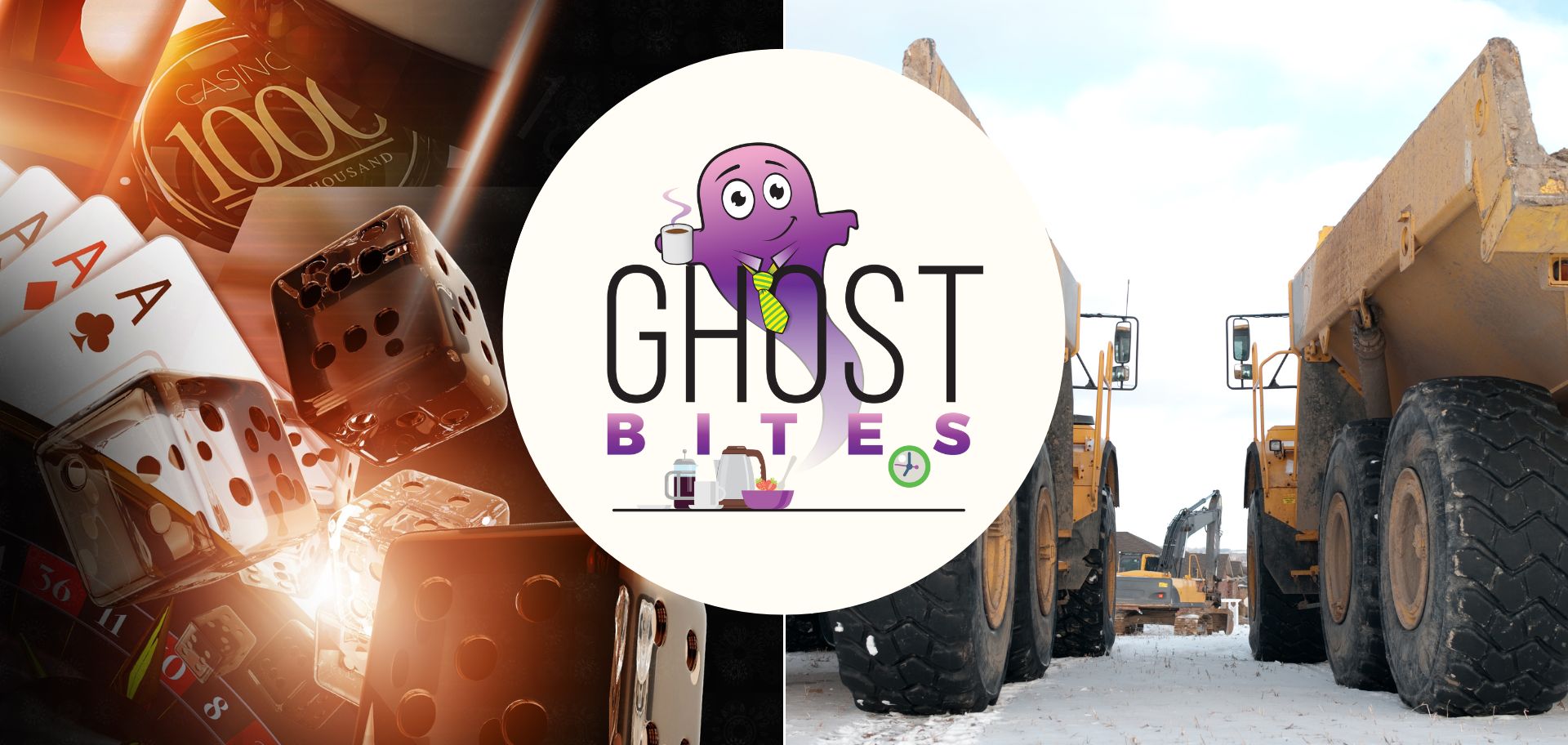


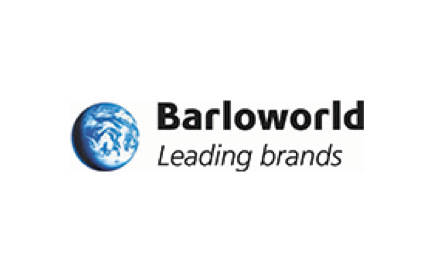
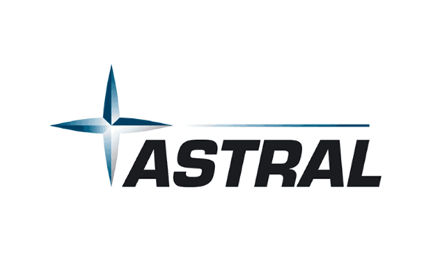
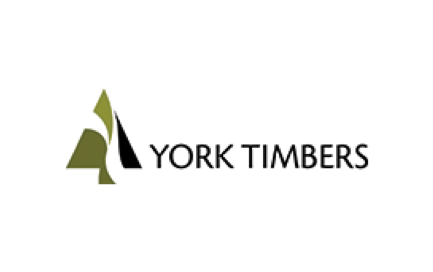
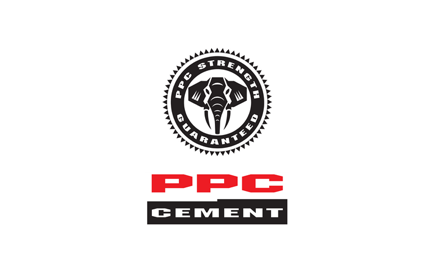
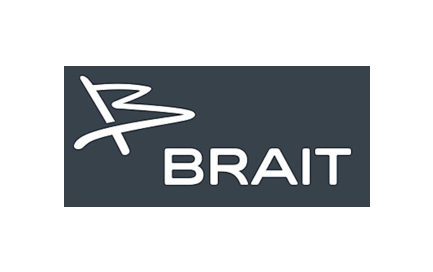
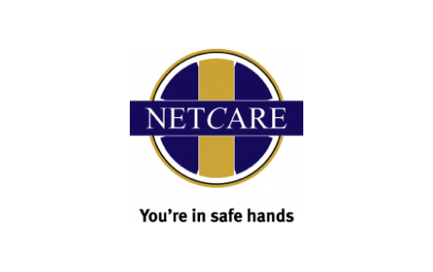
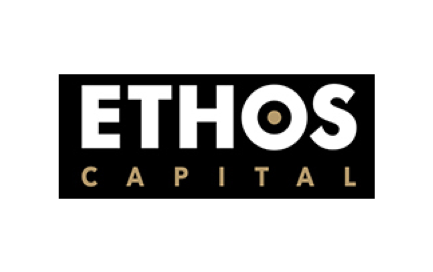
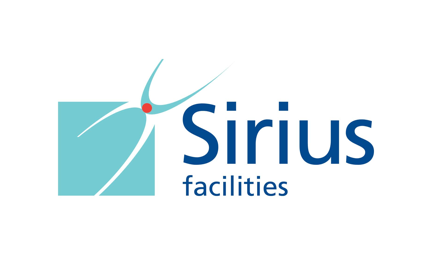
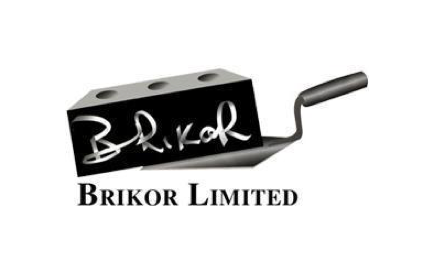
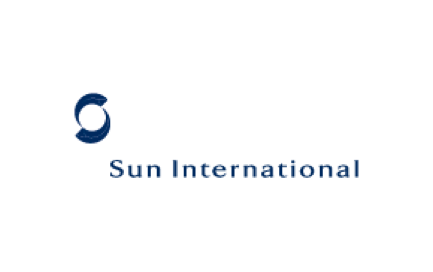
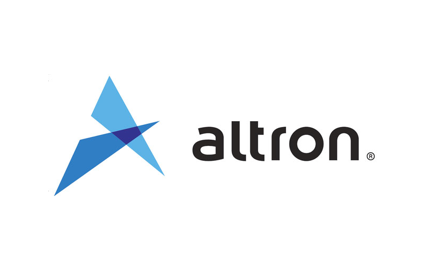
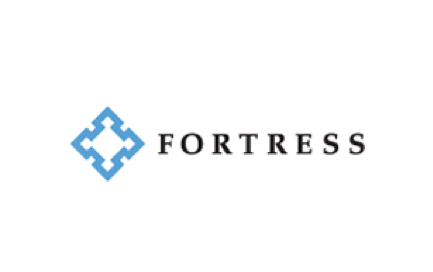
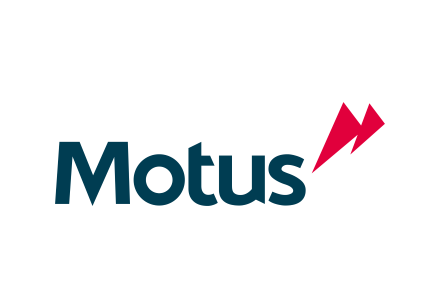
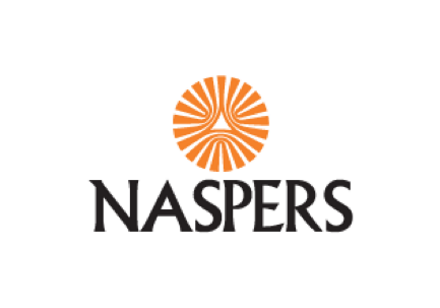
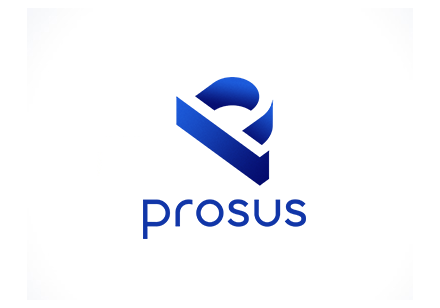
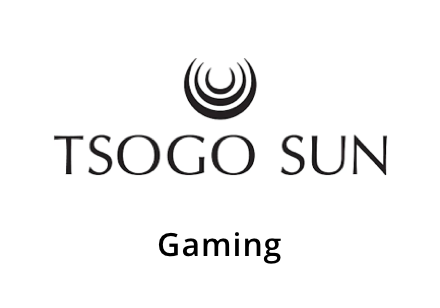
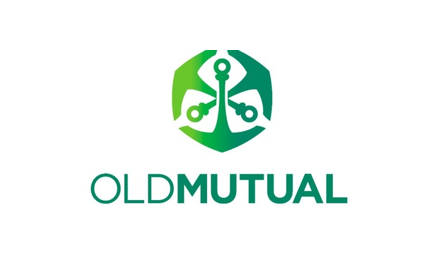


Surely the PURCHASE by Italtile directors of shares worth R10m, for the second time in a month, is worth mentioning?
Hi Frits. The Italtile purchase was made by the trust that is the group’s B-BBEE partner. The trustees also happen to be directors of Italtile. This isn’t a true director purchase in the way that you are thinking about, which is why I left it out to avoid giving people the wrong idea.